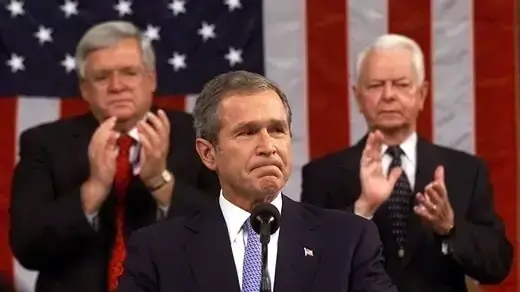The international intervention in Afghanistan since 2001 has been an outright disaster. After twenty years of chaos and warfare, the Taliban have returned to power. NATO members spared no expense: despite the most sophisticated warfare technology and special forces straight out of a Hollywood movie, they were defeated by men with Kalashnikovs on motorbikes. The US invested a trillion US dollars, and the rest of the world probably an equivalent amount, but the Afghan economy is in shambles and its population on the brink of starvation. Where did that money go? Not a single person in a prominent position in Western countries has been held accountable for what appears to be a giant scam, mostly in favour of the US Defense Industry and the private military sector.
Instead, the people and institutions involved in Afghanistan have moved on, and one barely hears about the country any longer. Whatever happens there now is considered the fault of the new government. Has anybody paused to think about this disaster, and try to draw some lessons from it? A public process in the democratic arena whereby accountability is sought and responsibilities assigned would help, at the very least, prevent a similar catastrophe occurring somewhere else.
There are other good reasons to reflect about what happened in Afghanistan. A new type of state has emerged within the current world order, and it may soon be joined by others. Simply ignoring it – ‘Don’t Look Down’ – is not a solution, nor is dealing with it by military means or by cutting it off from global financial circuits. A growing community of global citizens disenchanted with the current world order (not only ‘jihadis’) are extracting lessons from this defeat. That they cannot be seen or heard in Western centres of power (including mainstream media) does not mean they don’t exist.

